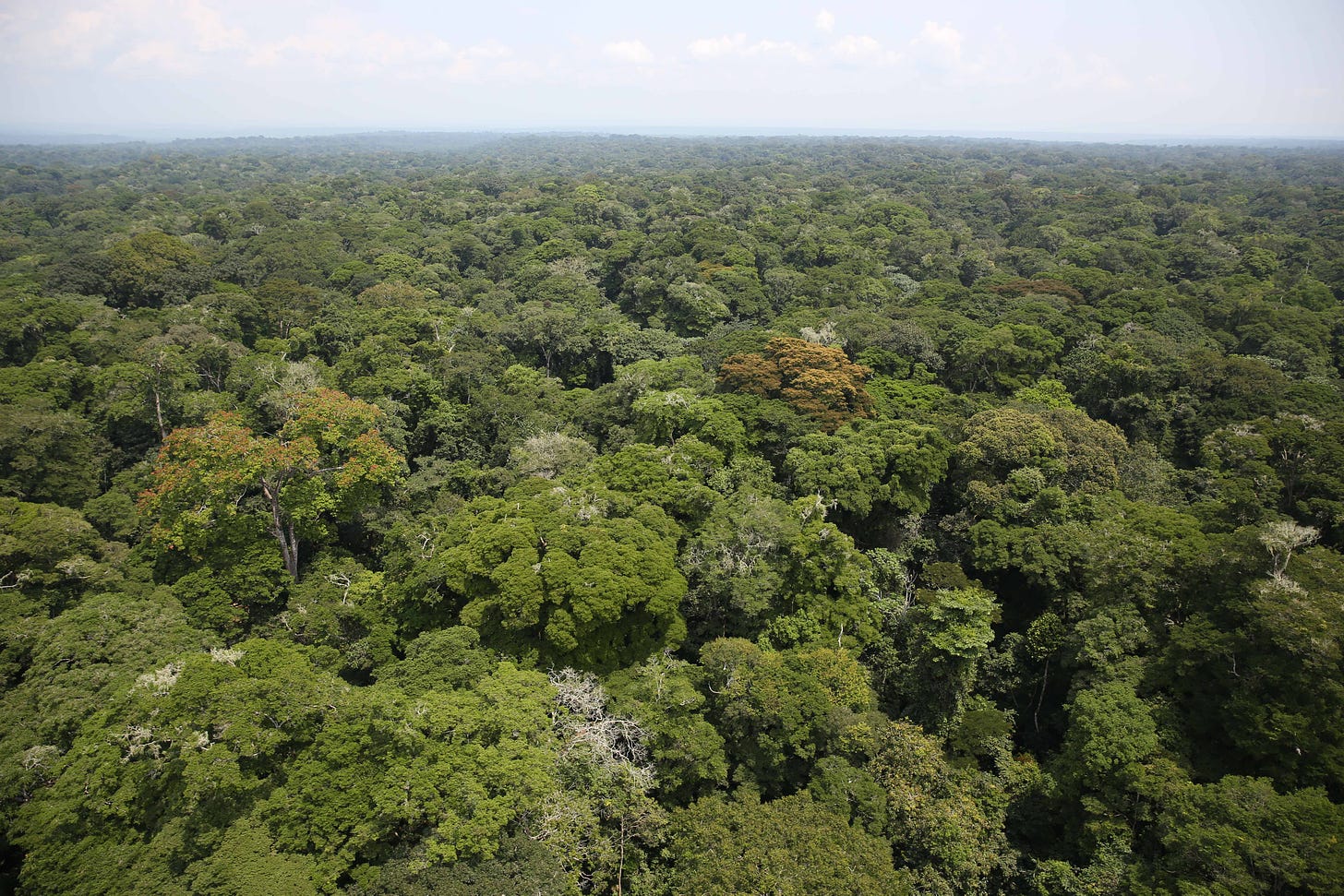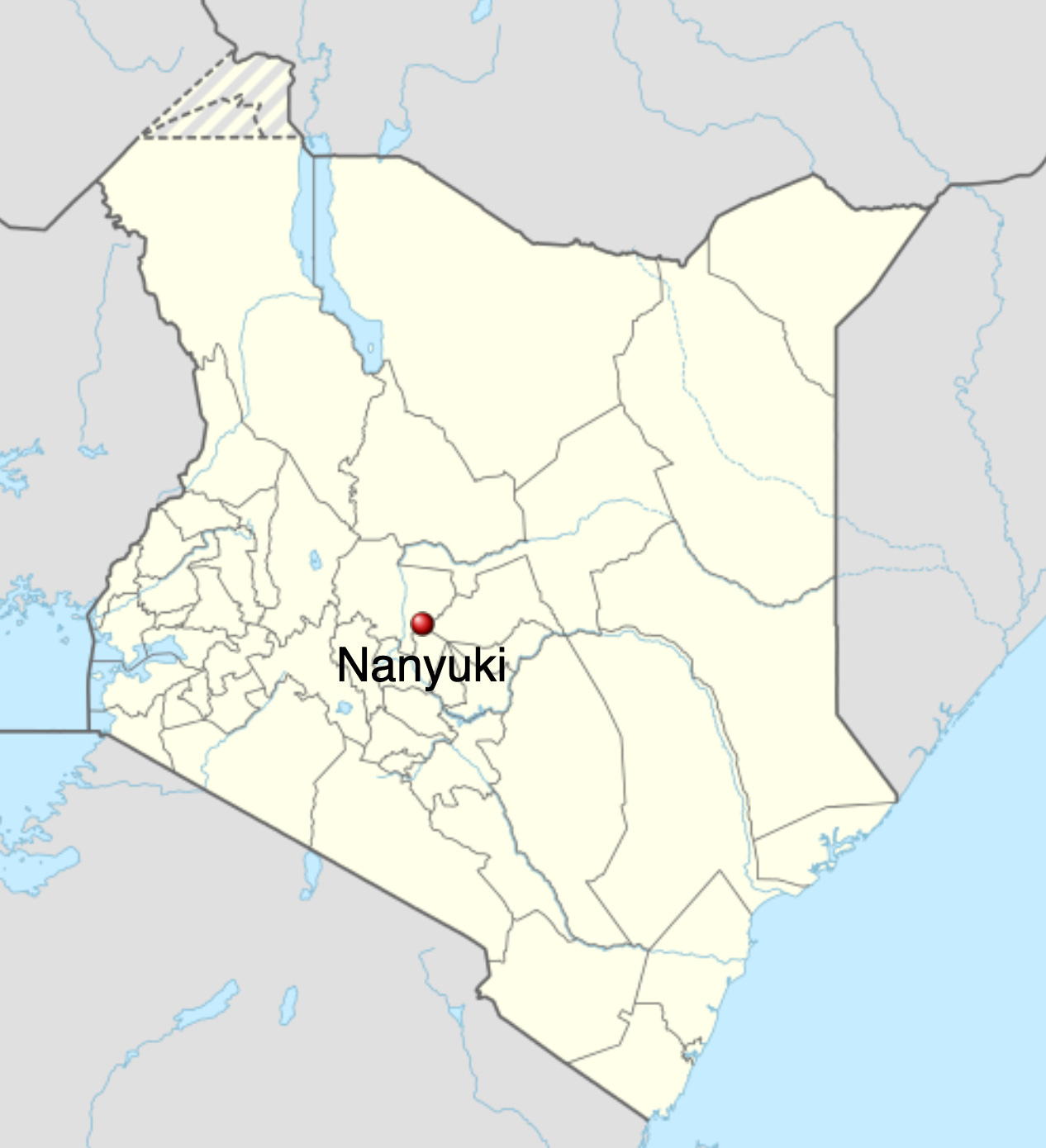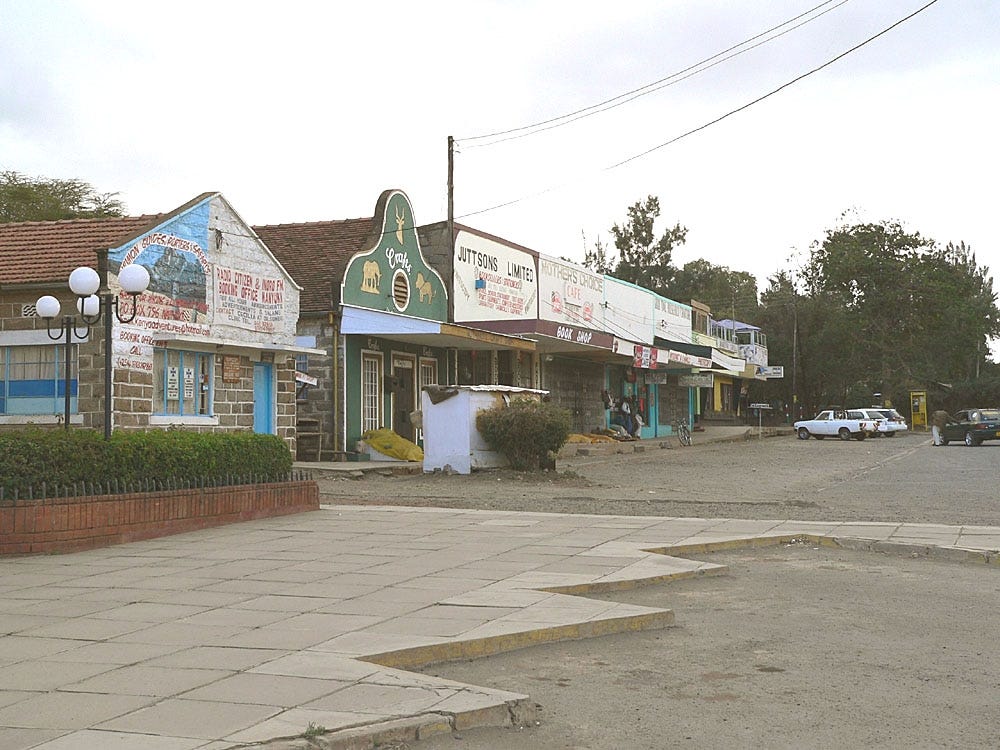🔅 Kenya's Public Hearings: Shining a Light on British Troops' Alleged Misdeeds
The Great Green Wall: A Race Against Time
Image of the Day
Spotlight Stories
The Great Green Wall: A Race Against Time
Africa's ambitious plan to grow a wall of trees across the continent is hitting some major snags.
The goal? To restore 100 million hectares of degraded land by 2030.
The reality? Only 30% complete and in dire need of cash.
A Project Plagued by Challenges
The Great Green Wall, launched in 2007, aims to create an 8,000-kilometer green belt from the Atlantic to the Red Sea, benefiting some of the world's poorest countries along the Sahara Desert.
But coordinating efforts across 11 African nations has been a logistical nightmare, especially with many of these countries facing humanitarian crises, military coups, and insurgencies.
The project's biggest hurdle is funding, or lack thereof:
The Great Green Wall needs at least $33 billion more to reach its 2030 target, but international donors have been slow to open their wallets.
Out of the $19 billion pledged at a 2021 summit, only $2.5 billion had materialized by March 2022. And even those funds are being spread across various projects, not necessarily dedicated to the Green Wall. Donwahi says more investment is needed from international donors, the private sector, and the participating African countries themselves.
A Glimmer of Green Hope
Despite the challenges, the Great Green Wall has made some progress.
Around 30 million hectares of degraded land have been restored, creating 3 million jobs in the process.
But with climate change accelerating, desertification and drought are no longer just African problems – they're global issues that require global solutions.
The race is on to get the Great Green Wall back on track, but without a significant influx of funding and better coordination, this ambitious project may remain a mirage in the desert.
Kenya Launches Public Hearings into British Troops' Misdeeds
Kenya has decided it's time to air some dirty laundry, and we're not talking about the soldiers' uniforms. The country has launched public hearings into allegations of human rights violations and abuses of power by British troops based in the former colony.
The British Army Training Unit Kenya (Batuk) is a bit of a double-edged sword for the central town of Nanyuki. On one hand, it's an economic lifeline for many in the area. On the other, soldiers stationed there have been accused of committing offences, including murder.
In the most high-profile case, the body of 21-year-old Agnes Wanjiru was found in a septic tank in Nanyuki back in 2012. She was last seen alive with a British soldier.
In October 2021, Britain's Sunday Times newspaper reported that a soldier had confessed to his comrades about killing Wanjiru and even showed them her body. The report alleged that military superiors were aware of the murder but took no further action.
And although Wanjiru’s family filed a lawsuit in Kenya over her death, progress has been almost non-existent. The case is now due to be heard on July 10th, according to local media.
Parliament Steps In
Kenya's parliament has decided to take matters into its own hands, announcing four public hearings, including one in Nanyuki, to investigate the alleged abuses by British troops. The sessions will delve into accusations of "mistreatment, torture, unlawful detention, killings" and "ethical breaches related to ethical misconduct, including corruption, fraud, discrimination, abuse of power, and other unethical behaviour."
London and Nairobi have been playing a game of legal tug-of-war over the question of jurisdiction for British soldiers who break Kenyan law, and the UK government has even said it did not accept the jurisdiction of the Kenyan court probing Wanjiru's death.
Despite gaining independence from Britain in 1963, Kenya maintains strong ties with its former coloniser, including a defence agreement allowing for several thousand British troops a year to carry out exercises on Kenyan soil.
It's a complicated relationship, to say the least. Will justice be served, or will this be another case of military misconduct swept under the rug?
Food for Thought
“An intelligent enemy is better than a stupid friend."
— Senegalese Proverb







